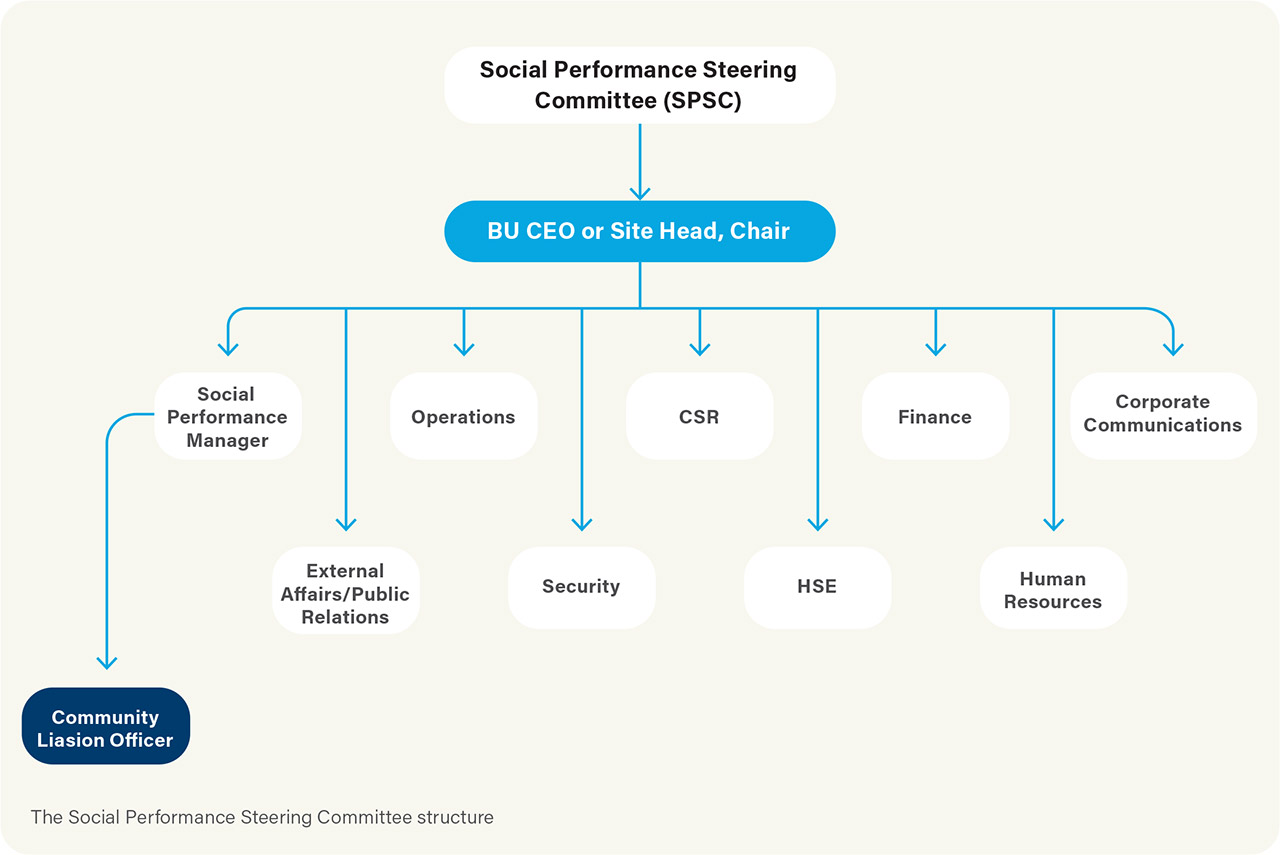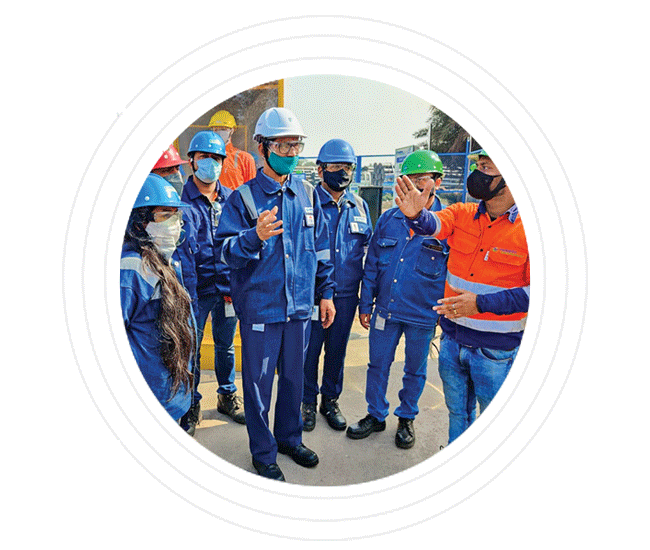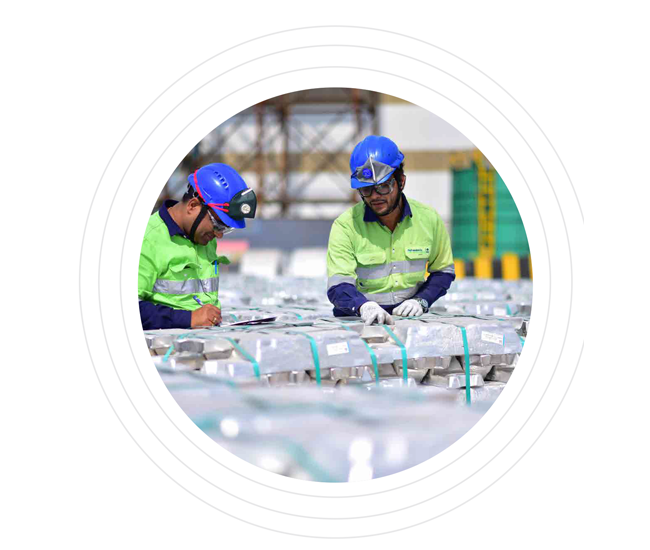PROTECTING THE RIGHT OF
INDIGENOUS COMMUNITIES
Being a part of the mining sector, some of our operations
are adjacent to territories that are owned by indigenous
and vulnerable communities. Building trust with indigenous
communities is vital for the continuation of our operations.
We recognise the rights, cultures and beliefs of the
indigenous communities and are committed to respect and
protect them across all our units.
At Vedanta, we are committed to recognise, promote and
protect the rights and freedoms of Indigenous Peoples in
area of our operations. We are guided by UN Declaration
on the Rights of Indigenous Peoples and ILO Convention
169 on Indigenous and Tribal Peoples. Our Indigenous
Peoples Vulnerable Tribal Group Policy along with Cultural
Heritage, Land and Resettlement Management and Indigenous Peoples/Vulnerable Tribal Groups standards
guide corporate action on the subject
Vedanta has committed to following the principles of
Free, Prior, Informed Consent (FPIC) in those project that
have the potential to impact indigenous communities. In
FY2019, we had undertaken an independent assessment
to compare FPIC requirements with stringent Indian
regulation that exists to safeguard the rights of indigenous
communities. The study revealed that several portions
of the Indian regulation align with the intent of FPIC.
Where there are gaps, we are working to develop internal
standards to comply with our commitment towards FPIC.
Resettlement
Throughout FY2022, the Lajigarh location worked on plans
to resettle and rehabilitate 132 families who currently
live on the site of the proposed expansion of Lanjigarh’s
red-mud pond. The work has been meticulously planned
over several years and is being done under the guidance
of the State of Odhisha. New housing and employment
opportunities for one adult member of each household,
and compensation for the land/crops has been agreed
upon after extensive consultation with the communities.
This is also in accordance with the requirements of our
Land Acquisition & Resettlement standard, which asks
site teams to provide alternative homestead lands, homebuilding
assistance, employment opportunities, and cash
payments in lieu of employment.
Vedanta’s teams regularly connect with community
members, and District and State authorities to resolve
grievances, questions and concerns arising from this future
relocation of the families.
It is anticipated that the resettlement process will be
completed by FY2023





